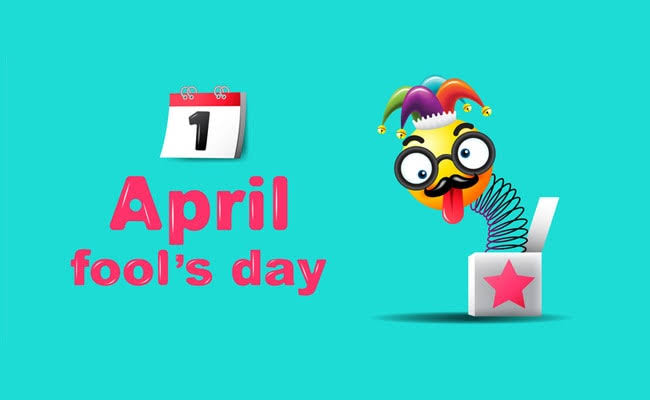You may have been hearing about the term ‘April Fools’ Day’ and you cannot help but wonder what it means.
Perhaps you haven’t heard of this popular term which we doubt, but if truly you haven’t, then relax, because today you may get tired of hearing April Fool.

Many people who bask in the euphoria of this day have little or no idea of what it means, how it started, or where it even started.
If you are one of such persons, then this is the best time for you to know all about this fun filled day.
Truth is, the origins of April Fools’ Day, celebrated on April 1st each year, are somewhat murky, with various theories explaining how this tradition of pranking and jesting came to be.
Despite the unclear beginnings, the day has become synonymous with jokes, hoaxes, and lighthearted fun across many parts of the world.
April Fools’ Day (The Beginning)
One of the earliest theories of April Fools’ Day’s origins dates back to the 16th century.
It became popular when France switched from the Julian calendar to the Gregorian calendar, as called for by the Council of Trent in 1563.
In the Julian calendar, the new year began with the spring equinox around April 1.
However, with the adoption of the Gregorian calendar, the new year moved to January 1.
Those who were slow to get the news forgot or outrightly refused to acknowledge the new start date for the new year.
They continued to celebrate it during the week that fell between March 25 and April 1.
These people became the butt of jokes and hoaxes. They were often referred to as “April fools”.
The Evolution
The practice of April Fools’ pranks grew and spread throughout Europe over the centuries.
In Scotland, the tradition became a two-day event.
It started with “hunting the gowk” (gowk is a word for cuckoo bird, a symbol for fool) in which people were sent on phoney errands.
This was followed by Tailie Day, which involved pranks played on people’s derrieres, such as pinning fake tails or “kick me” signs on them.
April Fools’ Day Today
Fast forward to today, April Fools’ Day has been embraced widely across cultures, with media outlets, corporations, and individuals concocting elaborate hoaxes and practical jokes.
The day is marked by a general spirit of jest and merriment, from fake news stories and bogus product announcements to pranks played on friends and family members.
The Controversies
While many enjoy the fun and humour of April Fools’ Day, it has also drawn criticism for sometimes going too far or spreading misinformation.
Also Read: Why Many Nigerian Homes Are Not Celebrating Easter
In the age of social media and instant communication, jokes can quickly spread and be mistaken for truth, leading to confusion and, in some cases, distress.
This has led to calls for more responsible celebrations of April Fools’ Day, focusing on ensuring that pranks are harmless and in good spirits.
April Fools’ Day, with its blend of history, tradition, and humour, continues to lighten the mood and bring people together through laughter.
Despite its uncertain origins, the day has carved out a niche in cultural traditions worldwide, embodying the universal value of humour and the joys of a well-played joke.

